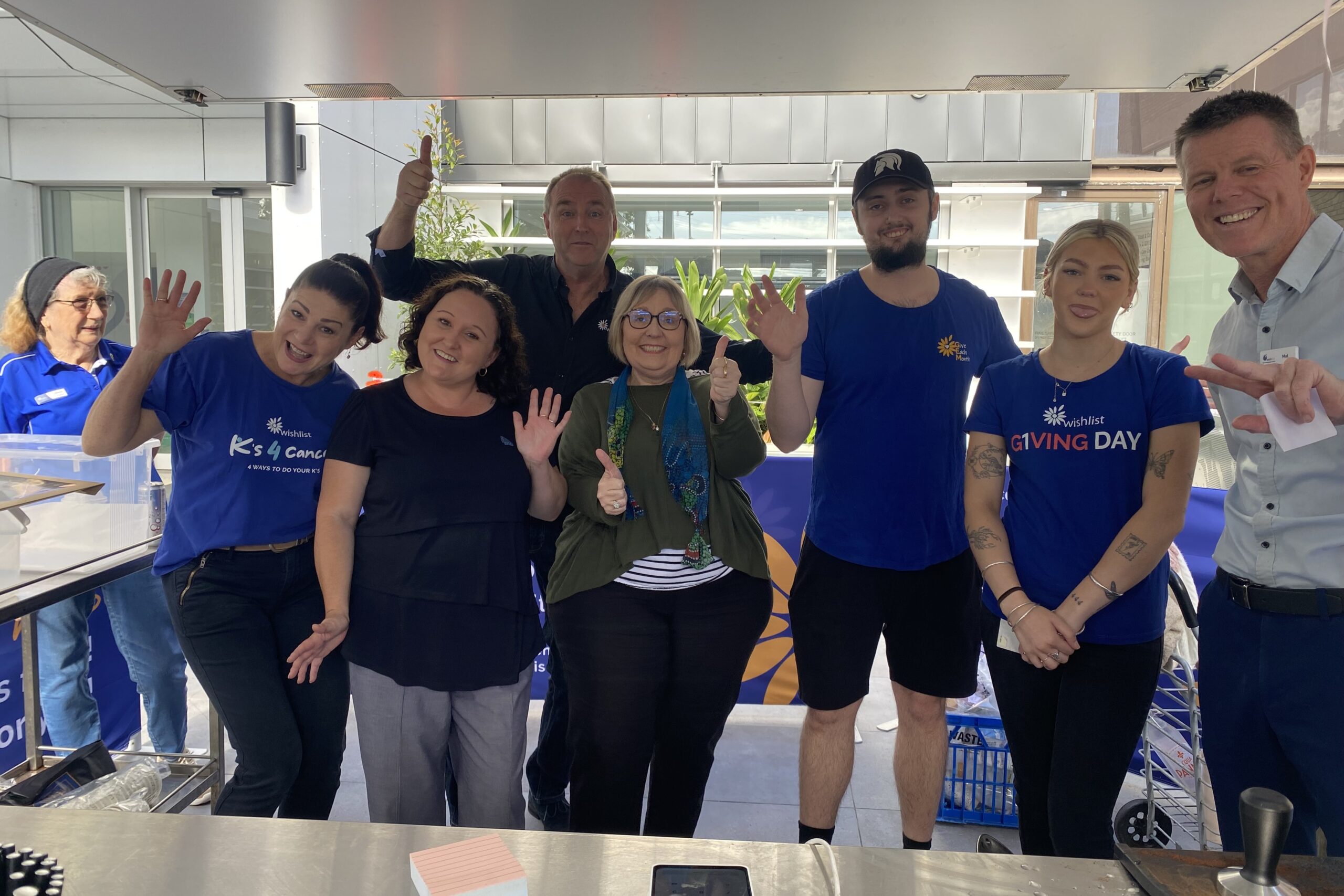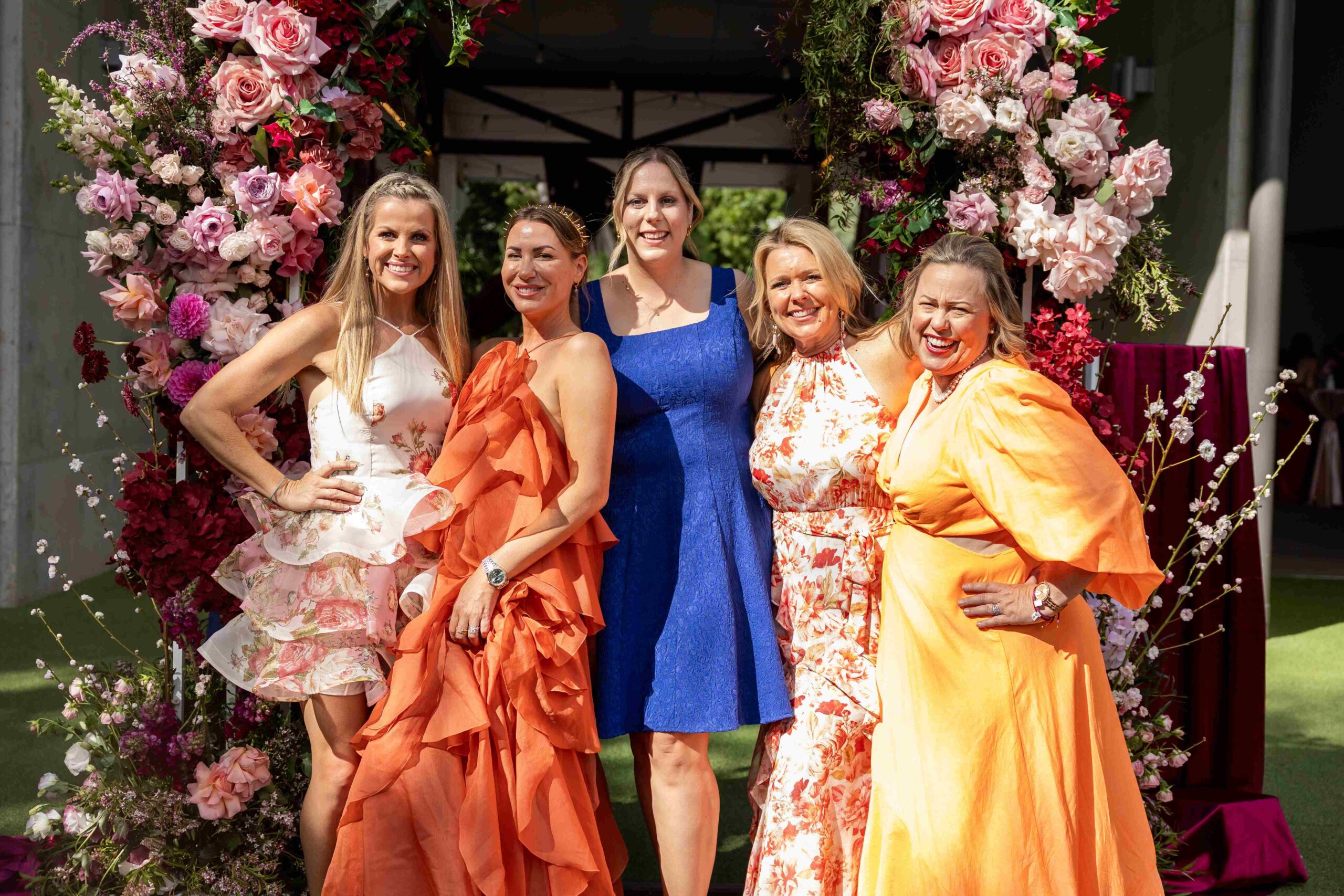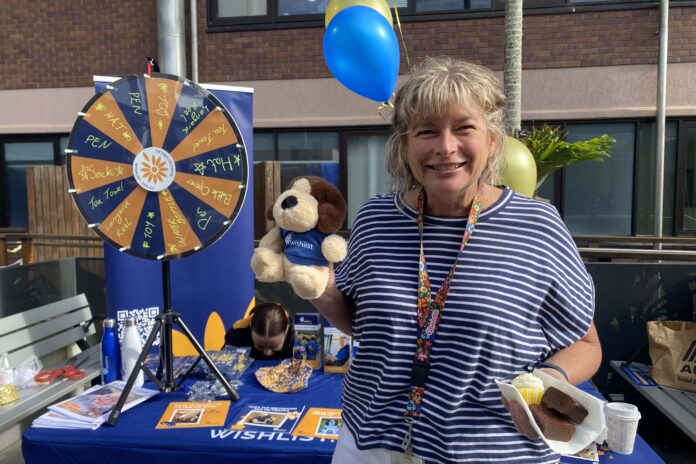A new coffee kiosk at a major Coast hospital is the latest fundraising venture for a local charity.
The Wishlist Coffee House has opened at Nambour Hospital to support the charity’s mission “to provide an even better healthcare experience for patients, friends and families across the Sunshine Coast and Gympie region”.
Wishlist CEO Brendan Hogan said the new kiosk was another way to bring “even better healthcare closer to home”.
“Every cup of coffee purchased will help fund vital medical equipment, patient support services, research projects and family accommodation close to hospitals,” he said.
“It’s a simple way to support our healthcare heroes and make a difference while enjoying a coffee.
“Wishlist Coffee House venues are known not only for great coffee and friendly service, but also for creating a welcoming space during times of health trauma.”

The kiosk opening came just days after the charity’s major annual fundraising event, the Wishlist Spring Carnival at the Sunshine Coast Convention Centre in Twin Waters.
Wishlist raised $327,905 on the day, with $151,000 from the live auction and $52,654 from the silent (online) auction.
The proceeds will go towards the purchase of three vital pieces of medical equipment: a Chromium iX Single-Cell Analysis System, two MolecuLight Imaging Devices and specialised nerve hyperexcitability testing equipment.
The Chromium iX Single-Cell Analysis System ($89,855) allows researchers to study cancer one cell at a time, unlocking personalised treatments tailored to each patient. It helps uncover why some therapies fail – and how to improve them.

Two MolecuLight Imaging Devices ($75,790) light up hidden bacteria in chronic wounds, allowing clinicians to treat infections earlier and more accurately. They reduce unnecessary antibiotic use by up to 78 per cent and help wounds heal faster with fewer complications. More than 400 Coast patients benefit each year from this technology, especially older people with ulcers, diabetes or mobility issues.
Specialised nerve hyperexcitability testing equipment ($46,730) will help medical practitioners understand how nerves connect to muscles. This equipment would help improve diagnosis and treatment of nerve and muscle disorders and mitigate the need for patients to go to Sydney for such treatment.





